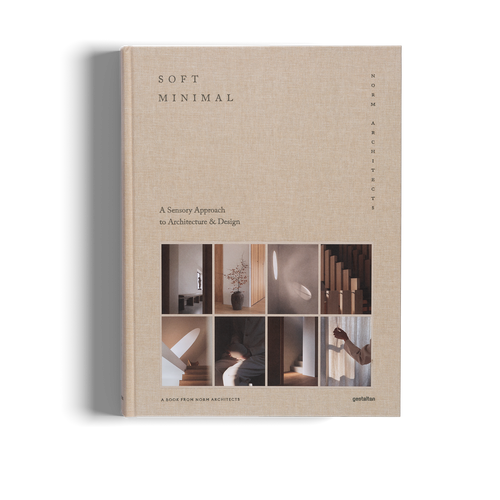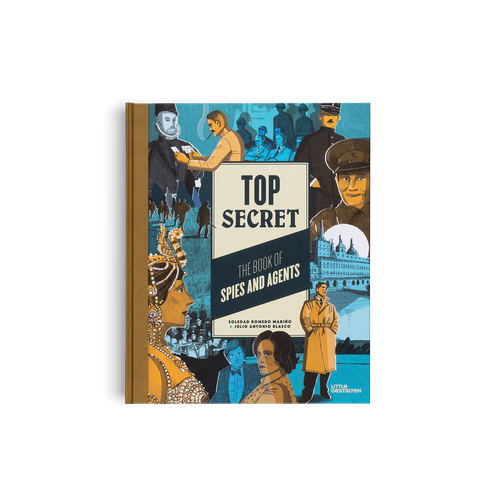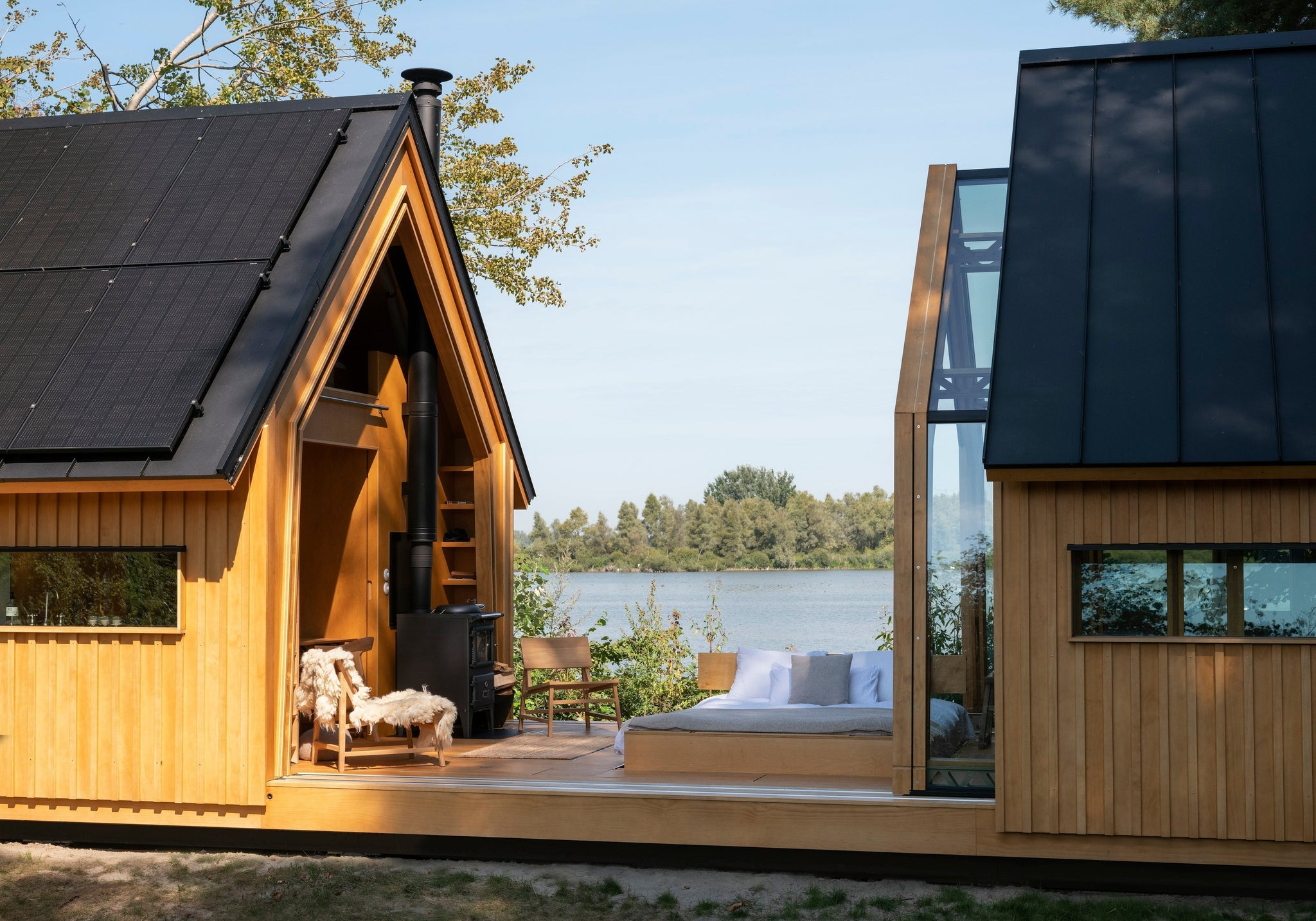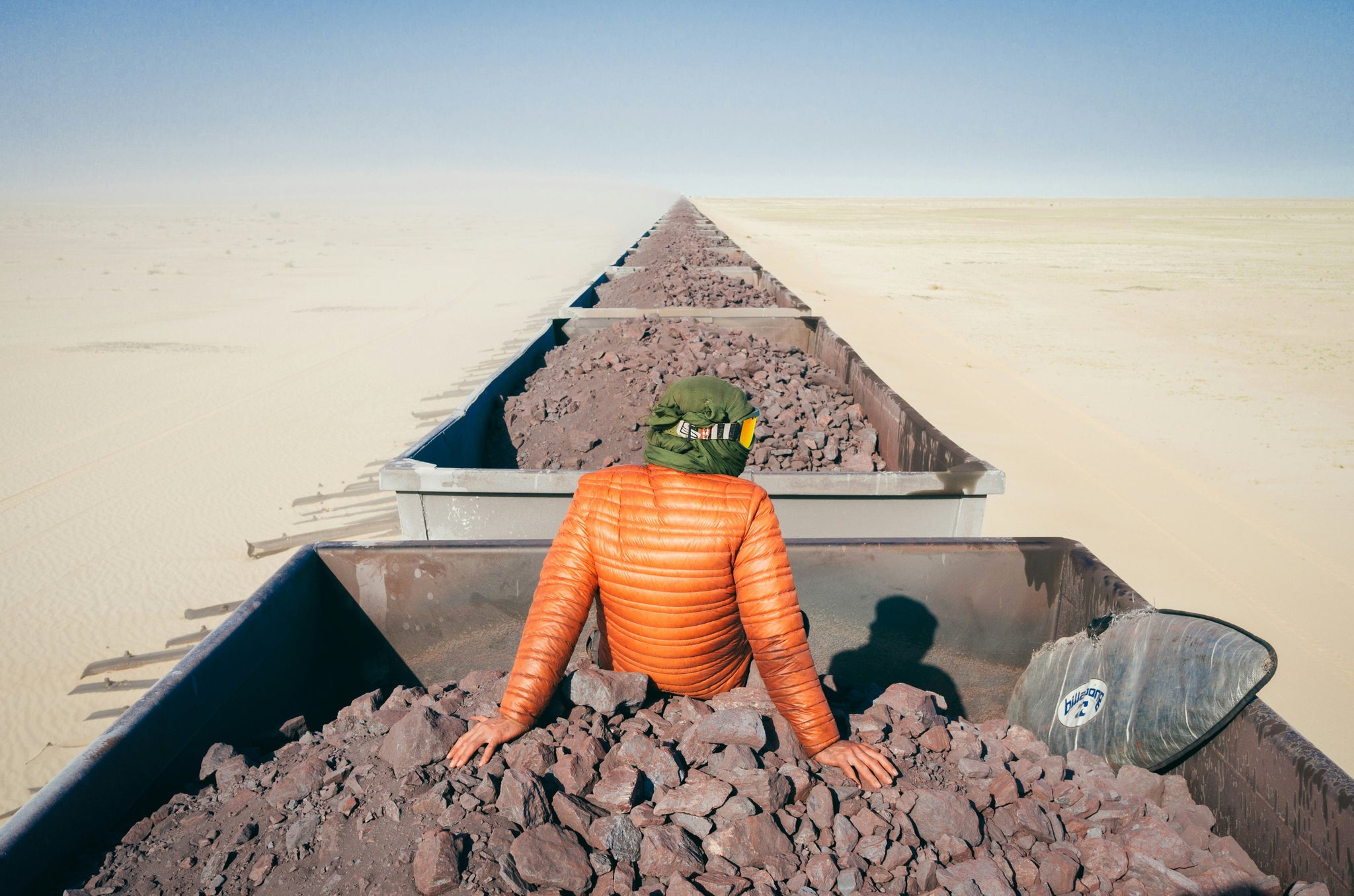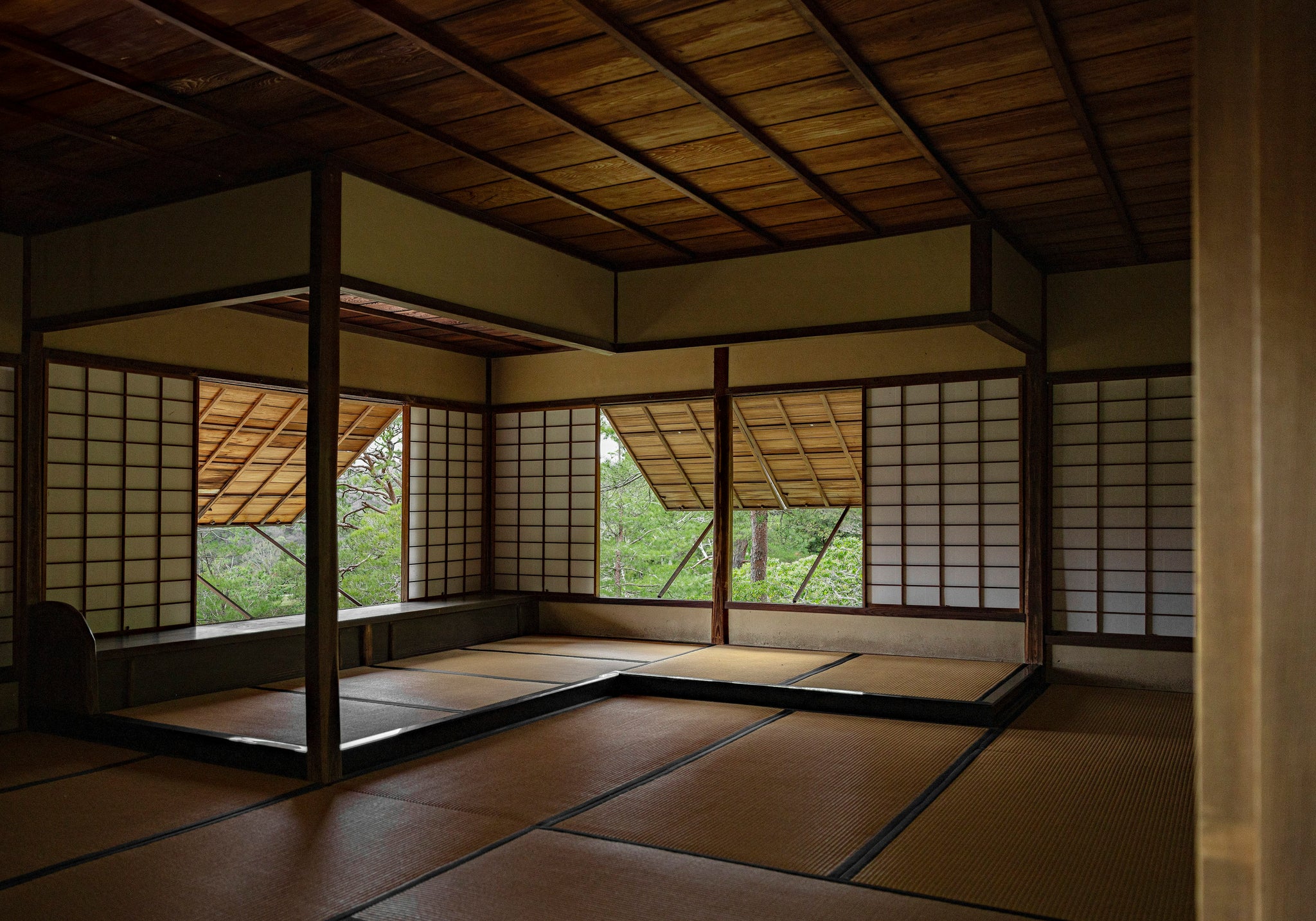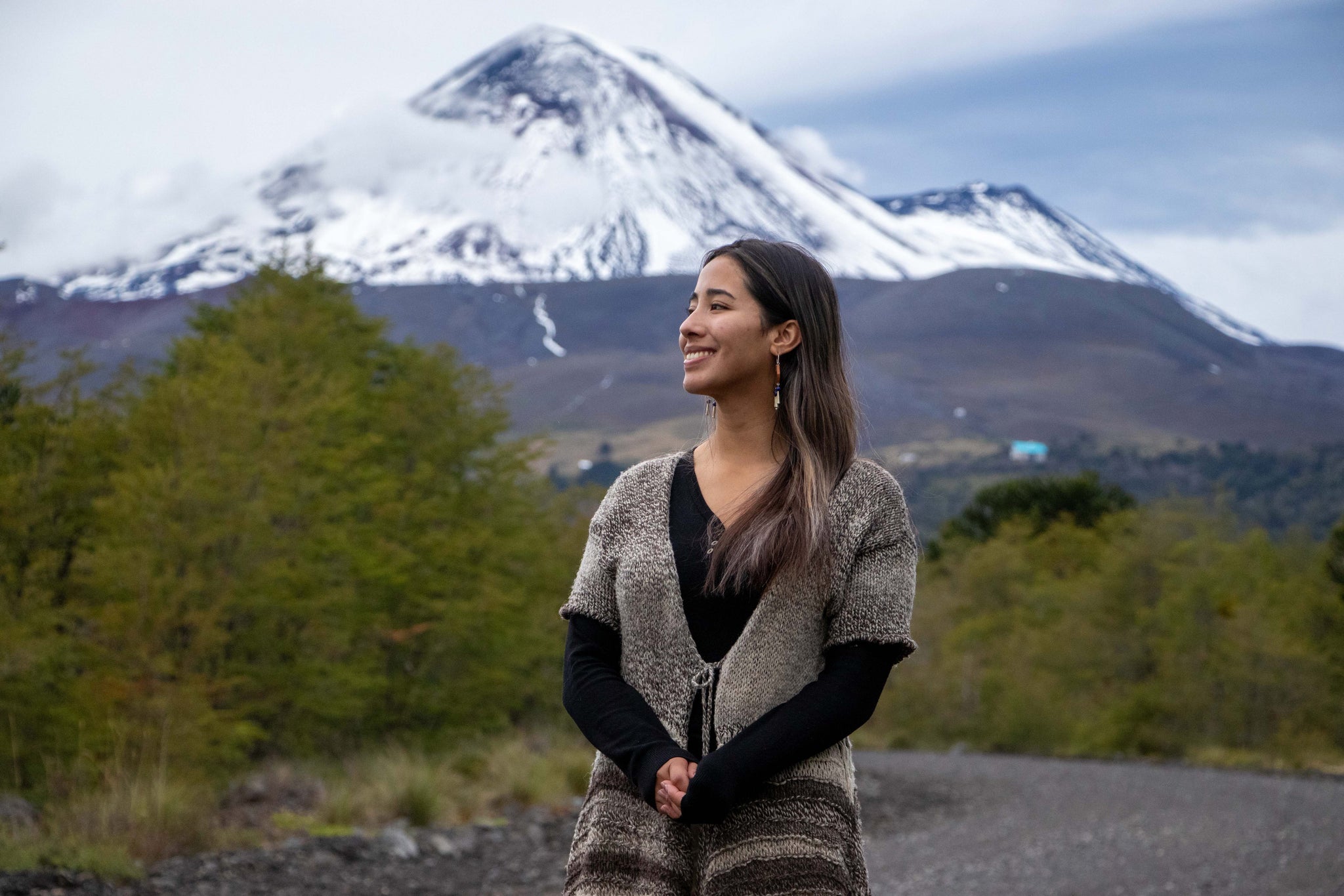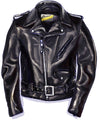
11/2022 design & fashion
Meet the illustrator behind The Rebel’s Wardrobe, an entertaining exploration of trend-immune fashion classics, and the surprising origins of your everyday clothing items. Florian shares his history with the art form, his experiences in translating his talents into this book, and what he hopes readers will take from his work. Read on to discover more.
Hi Florian! Can you tell us more about yourself, and your story of becoming an illustrator? After graduating from university, I moved straight to the UK, to Brighton - located by the sea, to be precise. There, I started my illustration career with works for The Guardian and London-based magazines. At the same time, I published my first book about how to become an Illustrator - a book about my first months in this career - or let’s say - years. Later, I moved to Berlin Kreuzberg and worked from my new studio located at the corner of Neukölln for many years. It was then, when my international career for various magazines, books and corporate clients really took off. By now, I have moved to my old hometown in the south of Germany, where – together with my family – I enjoy our big garden behind the house, and try out my gardening talent after work.

(Illustration: Courtesy of Florian Bayer, The Rebel's Wardrobe)
How did you find yourself creating illustrations for the world of fashion specifically? When gestalten approached me for The Rebel’s Wardrobe, I was both delighted and challenged. Fashion has played a role in my work so far as an important sidekick to situate my characters and give them life. But the clothes themselves have not yet had a stand-alone starring role. At first, I had the idea of working in the style of American Modern Illustration of the 1930s to 1960s with a loose brushstroke like Bob Peak, Bob Abbett or Joe Bowler who created countless works for illustrated magazines and fashion ads at that time. But then I worked out a more detailed style, which was ultimately the right one, in order to better show the haptic differences of the materials, surfaces and fabric thicknesses. I slightly adapted my working style for the book, and in this way learned a lot about how to use drapery and light to show clothes in a tactile way.
What inspires you the most about immune fashion classics such as those displayed in The Rebel’s Wardrobe? I found one point super fascinating: one might think that a simple shirt or pair of trousers spread out on the floor would be a too banal object for a drawing to radiate any intensity or effect. But it was exactly the opposite - every object immediately unfolded an archaic presence and universality in the drawing. Whether I was reproducing a specific model of a pilot’s jacket, or distilling the “idea” of the shirt from thousands of variations of a shirt that everyone is familiar with, these garments have burned themselves into our visual library of the brain.
How did your partnership with gestalten come about, and how was your experience working together on The Rebel’s Wardrobe? Today one sometimes forgets this, but in the past - before the internet was filled with content – books were essential to learn about the work of other creatives. And as a young design student, gestalten was the publisher who was the key to a visual world that I first got to know through them. So it’s always an honour for me to work for gestalten. I think we first came into mutual contact (before that it was more a one-way love affair) through my appearance in the illusive book series, in which John O’Reilly wrote about me. This was followed by many great collaborations over the last years. Be it about plants (Evergreen), living in the countryside (Farmlife), African animals (Animal Allstars) or of course hiking (e.g. the Wanderlust series) - we have worked on many topics together. For The Rebel’s Wardrobe, I again had a fantastic team with Traci Kim and Claudia Felber and as always Robert in the background, who made working on the book an inspiring and great time.

(Illustration: Courtesy of Florian Bayer, The Rebel's Wardrobe)
What are your favorite pieces, or standout moments of fashion displayed withinThe Rebel’s Wardrobe? The best moments were when I could see how functional pieces from the military or working-class have emancipated themselves from their previous roles, and evolved further into their very own worlds, with countless variations and further developments. And then there were these “aha”-moments when I discovered for myself - oh, this coat I have in my wardrobe is a super classic pea coat - and the 1,000 Mile Boots I’m drawing right now are under the table, on my feet...
What do you hope readers will take away from your illustrations within the book? I very much hope that my illustrations will help the readers tangibly experience the aura that surrounds these iconic pieces. And, if only in paper form, to convey a sense of the tactile quality of the materials, the thick, thin, coarse and fine fabrics.
Do you have a favorite illustration within the book, and if so - what is it that makes it special to you? I really like how the deep blue of the Blue de Travail has come out in the printed book, with the slight light reflections in the folds. Big thanks to the repro department for that. And I liked developing the patterns for the checked shirts and the Mackinaw Jacket. A challenge was the many small, hard folds from the thin fabric of the Wax Jacket, which thus developed a waxy, rigid materiality all of its own.

(Illustration: Courtesy of Florian Bayer, The Rebel's Wardrobe)
To discover more about Florian's illustrations, take a look at his latest work in The Rebel's Wardrobe, or head to his website. You can explore the Pioneers Behind The Rebel's Wardrobe in an exclusive interview with the book's writers.

